Desmond Tutu felt he was punishing Nigeria by keeping me in South Africa —Bolaji
[ad_1]
Kayode Bolaji is the Chief Executive Officer of a peace advocacy organization,
Peace Building Development Consult (PBDC).
You were in secondary school when your dad died.
Yes, you are correct. My dad was well To Do when he was alive. He was in the Nigerian Customs Service (NCS). He died as a Comptroller. People respected him in the service because of his leadership capacity. When he leaves in the morning, we would have slept off by the time he would come back at night. Few times during the weekend, we see him if he is not traveling. We all went to boarding school so we could not really feel that he was not with us because we were not around. But, every little time we spent with him was always impactful.
Was it hard for the family after his demise?
Yes, it was. Some of those strong advice we get from him is gone. For instance, when we get our certificate then, there was always joy of letting our dad know that we came first, second or third. And there was always a full package that comes with it. At some point, I think our dad told us that anybody that finishes his O-level at one sitting gets a car. So, it was a target (laughs). But, he died before any of us finished SSS 3. So, those were the kind of encouragement that we missed. We were proud of him and he was proud of us.
How did the family cope?
After his passing, my mum filled in the gap quite successfully. Like I said, we were still in boarding school. There were lots of adjustment. We had to leave Sango Ota for Abesan Estate in Lagos, where we could mix with more people to see the way life is without having everything you want. You have to fetch water and mix with people you normally will not. So, that gave us different perspective about life. It was a whole new experience. But, I came back to Sango Ota because my relationship with God grew and I needed to spend more time with God. Then, Canaanland came to Ota and I needed to learn more about God and eventually moved to College. But, when I moved to Ota, the whole family joined me. They also moved back there (laughs). So, that leadership in the family also came that I could spearhead because one of the issues my mum had when my dad died was that a lot of the family members came harassing her on his property. The pressure was too much.
How was she able to overcome that?
She just gave. That is one of the things I learnt from my mum is that whatever is going to be problematic to you, just give it out because it can be gotten back and if not, you make do with what you have. I also learnt live in peace from both of them. They are peace-loving people. So, I also grew up with that mentality. I don’t know how to hoard material. I have had the opportunity to pioneer different things and I leave everything whenever I am leaving.
Can you give instances of this?
I have been around more than 40 countries. First, as a missionary. My relationship with God grew better especially in college days. So, I got involved in the development part of Missions, which opened me to a new opportunity in the area of peace and reconciliation. When I moved to South Africa, favour of God led me to Father Michael, who was the Director of the Institute of the Healing of Memories and that also led me to people like Arch. Bishop Desmond Tutu and so many others. They all served at the Truth and Reconciliation Commission. Firsthand, I learnt that a nation can be changed through persistence and vision. Stories can turnaround. In my life, I have had the opportunity to serve with people with big vision and succeeded at it.
Suffice to say this engendered what you do now?
Oh yes. My time in South Africa also brought out my own strength. All of these leaders could look at me and say wow you are fantastic. There was a time in a town in the Western Cape in South Africa where a lot of the farmers live and those farmers are the richest people in South Africa. You know apartheid was about theology that was promoted and a lot of people could not get out of it because it was mixed with issues about heaven and faith, and it became psychological. Even after apartheid, some of these communities still failed to accept the fact that they can live in unity because they believe they are not on the same side looking at it from the book of judges and Joshua.
How did you break this gridlock?
So, I took up the challenge of researching and I came up with The Restitution Foundation. I became the Program Manager and it was sponsored by some few white people. When I became the program manager, I had to look at the different spheres because the idea of development can only be thought about when you look at the historical development of that area, especially how nations that were poor before became successful. The stories are always the same. It is an engagement from the different domains of life. What we are trying to do in Nigeria is that we want to change the country through politics alone. It is not possible. It is just one sphere. We need to change the religion, culture, entertainment, economy and so many others. It is about 7 sphere I can list.
And this is what you applied?
I looked at these spheres in South Africa and I called all the leaders on what the problem was. Of course, we had to deal with the problem of theology. Secondly, every sphere had to discuss the kind of area they would like to see in the future. The fantastic thing in that area was that, they came up with Restitution Financing, which is accessible to any black person to get loans and develop whatever they want to. The loan was at zero-interest. If the loan is returned, it is for the betterment of the other person. And we worked with two banks and till today, it is working. Archbishop Desmond Tutu told me in 2009 “I feel like I am punishing Nigeria having you with me.”
Why?
He felt there was a lot I could do back in my country. Everybody was concerned about Nigeria. Having thought about it, I came back in 2008 and it was amazing. Amazing in that, Obasanjo started Presidential Library. I have a Masters in Human Security and Sustainable Enterprise in the United Kingdom. So, when he started that library, he got me engaged at his NGO, African Leadership Forum in Ota. There were a lot of high ranking professors involved like Okebukola, late Mabogunje and so many others. I worked there briefly and then work had to take me back to South Africa.
When did you return to Nigeria?
My coming back to Nigeria again was in 2013 when the then President Goodluck Jonathan wanted to celebrate the centenary. So, I got introduced to Mike Omeri, who was the then Director-General, National Orientation Agency (NOA). I recall telling him that if there is anything Nigeria needs, it is to focus on human security and the healing of memories. He got interested in it and introduced me to top government functionaries. In a nutshell, that was how I started Peace Building Development Consult. In South Africa, I had this vision for the whole continent because I had the international partners and leadership skills to make these things happen.
You exhibited this via your programme.
Yes, I recall when my organization organised the first programme: Radicalisation, De-radicalisation and Counter-radicalisation. The acronym I still remember, was RADEC. I can tell you that from this programme, a Major General from the Army called me. Buratai just set up Nigerian Army Resource Centre. He said young man I like the way you operate. I have been appointed as the DG of this Centre and I want you to come and work with me. That was how I started the first training at the Centre.
ALSO READ FROM NIGERIAN TRIBUNE
[ad_2]
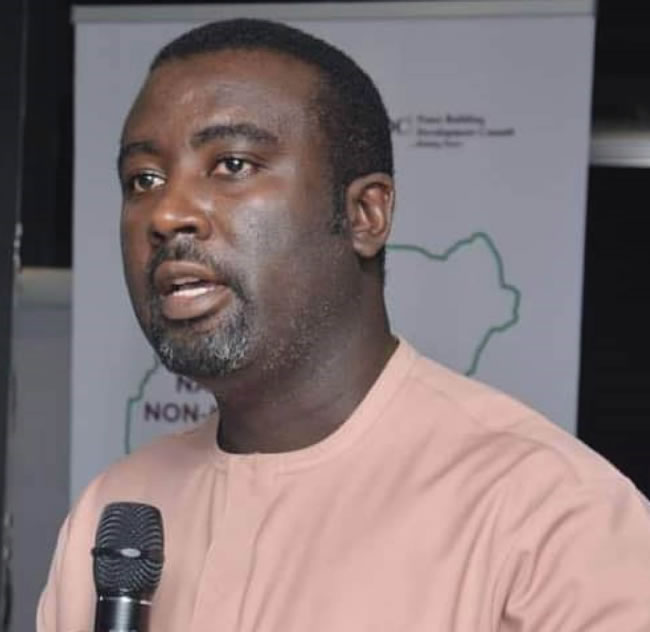

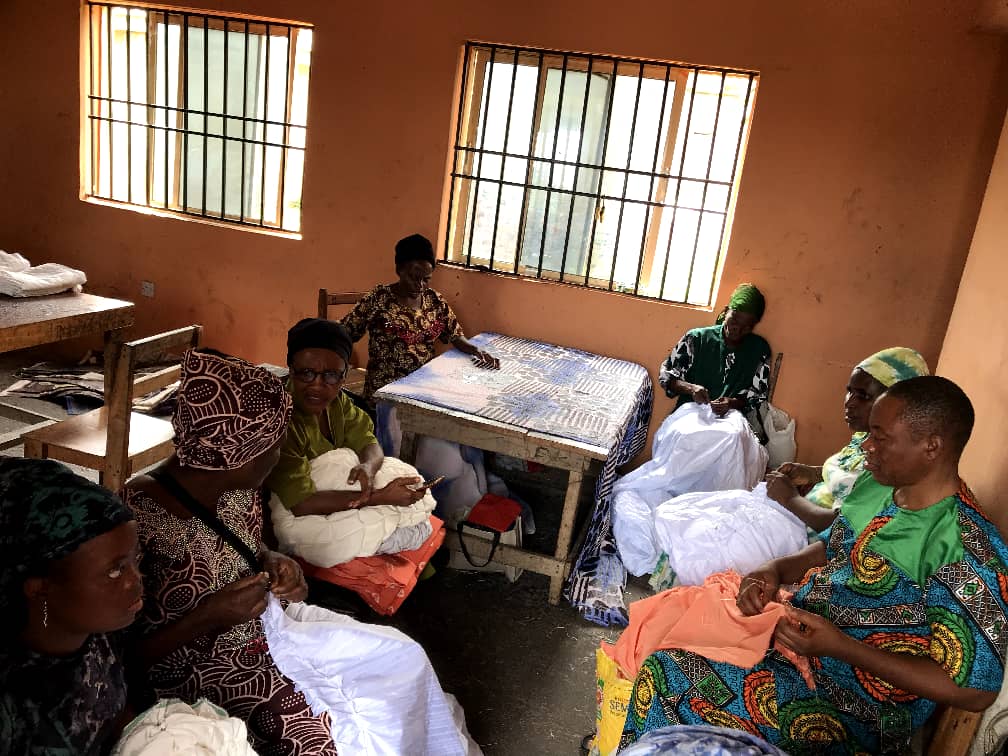
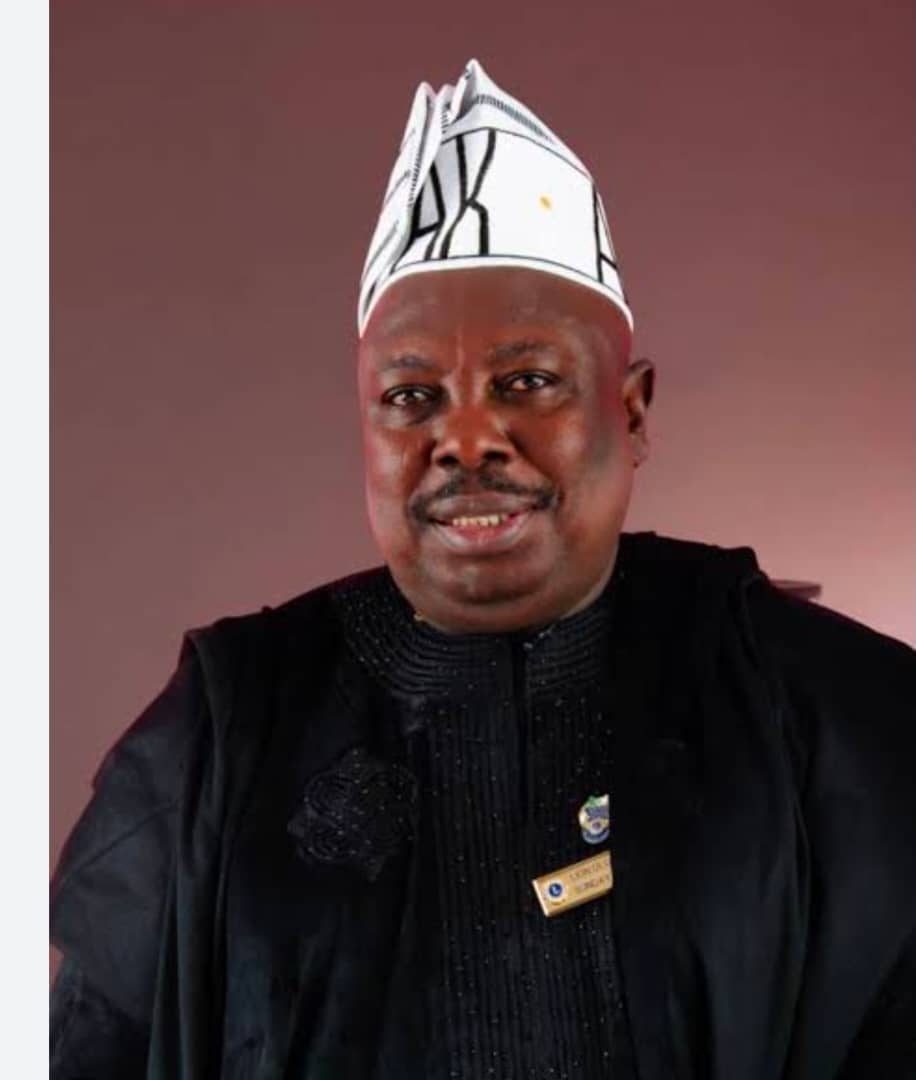
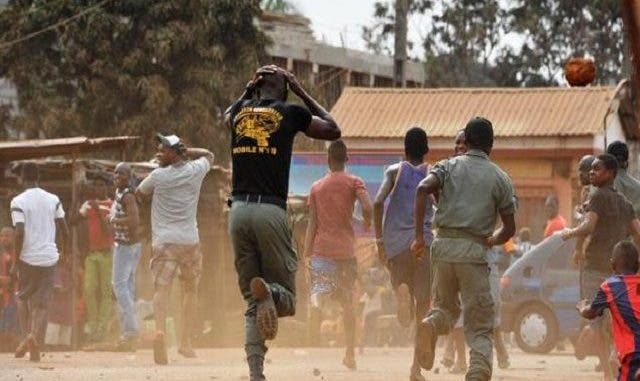
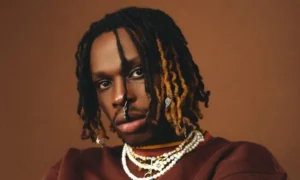
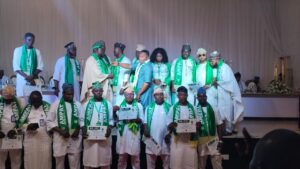
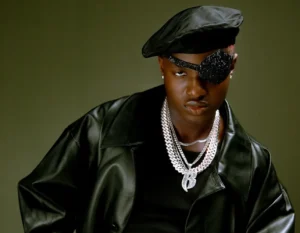
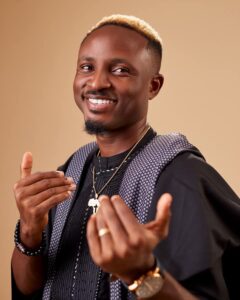
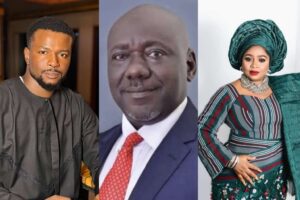

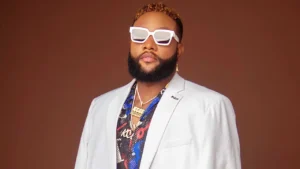
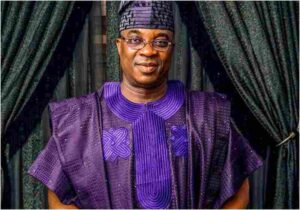
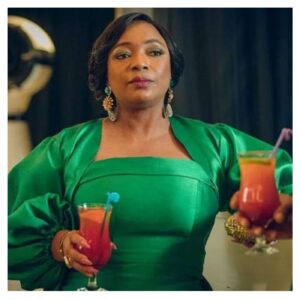
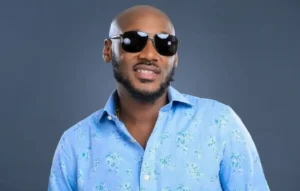
Post Comment